Reducing wildlife conflict with coffee
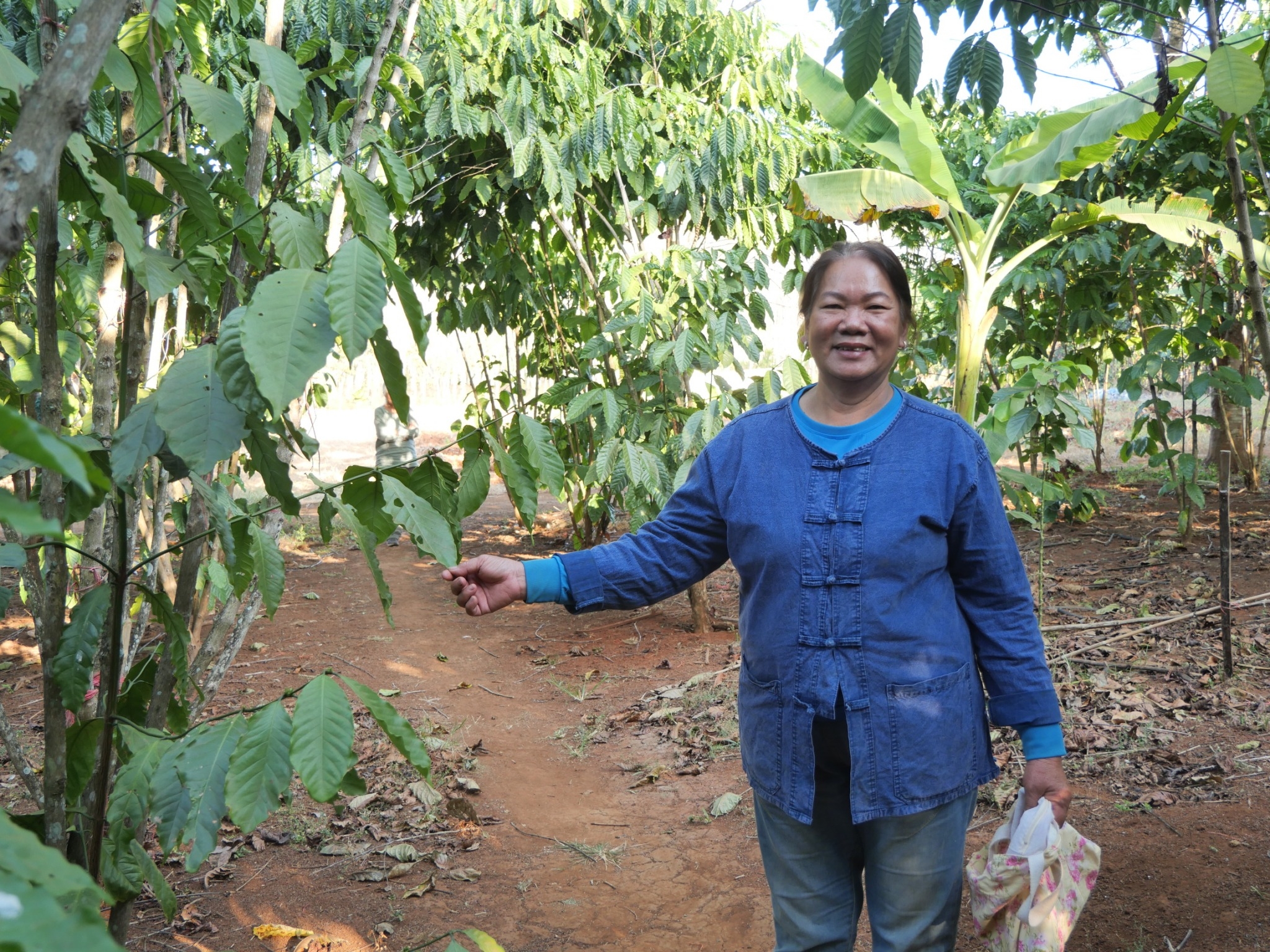
Ms. Saman Plaituen, of Chang Yim coffee group. Credit - Naphaphorn Chuaibun.
Human-elephant conflict solutions for alternative livelihoods through elephant-friendly business models
Elephant conservation in Thailand is undermined by human–elephant conflict (HEC), which threatens human livelihoods and well-being, undermining tolerance of elephants and protected areas. Economic monocrops such as cassava and sugarcane are widely promoted by government programmes and are often grown along protected area boundaries. Unfortunately, these crops are also highly attractive to elephants and thus prone to damage.
ZSL monitored HEC rates across 24 communities in the southern Western Forest Complex (sWEFCOM) in Thailand from 2013-2021 and recorded over 4,400 crop-raiding events, 70% of which were cash crops. Damage to cash crops in the target communities over 5 years alone amounted to over 1 million Thai baht (£30,000). Poor rural communities living near protected areas, including indigenous Karen and Mon, do not have the financial means to offset elephant damage or the knowledge and capacity to trial and scale-up viable elephant-friendly livelihood options. As a result, HEC remains a serious problem in Thailand, leading to the retaliatory killing of elephants, reduced support for conservation, and substantial economic and wellbeing costs typically affecting the poorest members of society. While mitigation tools such as fencing, early warning systems, and community rapid response teams can be beneficial as short-term solutions, long-term coexistence between people and elephants requires sustained shared use of the landscape. Part of this project is identifying suitable elephant and climate-resilient livelihood options for sWEFCOM and supporting existing coffee agroforestry initiatives.
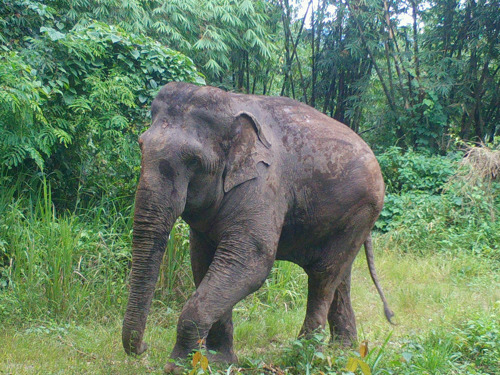
From 2023-2024, ZSL and EcoExist conducted soil surveys, farm mapping, and community focus groups to develop financially viable agroforestry models for three agroclimatic zones with varying levels of elevation and rainfall representative of the sWEFCOM landscape. Group discussions with 17 HEC-affected communities engaged 375 households, of which 13% were indigenous (predominantly Karen and Mon) and 41% were women. The aim of these discussions was to understand their current agricultural activities and identify key barriers to adopting agroforestry as well as potential resources and opportunities to inform the design of locally relevant interventions. Robusta coffee agroforestry was identified as one model with potential to improve incomes compared to cash crops in a stable domestic market.
In May 2024, with support from EcoExist and ZSL, 36 local farmers and stakeholders (17 men, 19 women) from the Thong Pha Phum district in western sWEFCOM formed the Chang Yim Coffee Group and collaboratively drafted a business plan and theory of change which focuses on using coffee agroforestry to mitigate HEC. This process was community led and driven, with ZSL and EcoExist providing technical support to develop a business plan for investors. The group is now being registered and is expected to be official in early 2025. Registration is pivotal, giving the group access to funding opportunities and helping establish stronger market connections - both critical for ensuring long-term sustainability of the initiative.
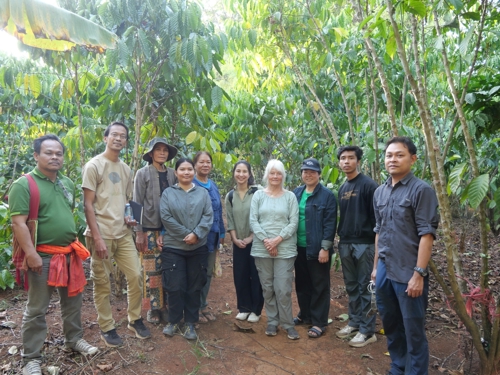
Ms. Saman Plaituen, a registered member of the Chang Yim coffee group, has been with the project since 2023. Her family moved to Phu Toei village when she was a child so her father could work in the mines. At that time, there were only 12 households in the community and land had no legal jurisdiction, so her family started farming. They grew corn and cassava before switching to rubber and oil palm because of elephant raids. Saman remembers a large herd of elephants visiting her family’s farm and destroying 35 rai (14 acres) of corn in one night.
She now has 43 rai of rubber and 3 rai of coffee intercropped with banana. Saman likes coffee because it doesn’t require much land, and she can grow it near her house. On average, she earns 100,000 baht per year (approximately £2,300) by selling directly to a Nestlé factory, but factory-grade coffee prices are often unpredictable. Due to these fluctuations, the Chang Yim group is prioritising fine-grade robusta coffee. Ms. Saman was keen to join Chang Yim because the market for premium coffee is stable and the price is set by the cooperative rather than market dynamics. She also enjoys taking care of coffee from the comfort of her home and finds the premium process rewarding. She has participated in numerous events and trainings organised by ZSL and EcoExist since 2023 to improve her coffee production skills. These sessions introduced best practices in processing Fine Robusta coffee, including distinguishing between coffee grades and how processing impacts quality.
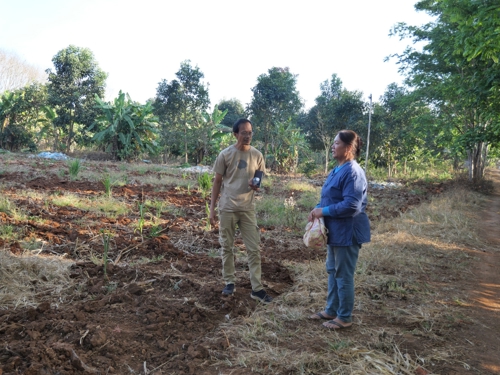
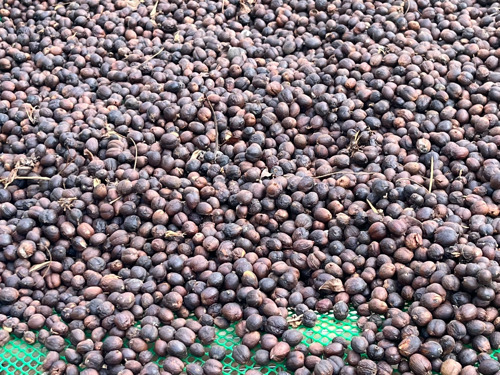
The EcoExist and ZSL team have provided training throughout the planting, harvesting, and post-harvest process and on-call advice rather than holding a one-off workshop. Saman appreciates that the Chang Yim group is optional and that she is not pressured to join, and she enjoys sharing this knowledge with the community and her children.
This winter, Saman will set aside 100 kg of the highest quality coffee berries during harvest for Chang Yim. She will hand-pick through the berries to remove rotten or infested ones, then sun-dry the coffee on raised beds for 21 days before storage.
Saman still sees elephants on her land sometimes. Like many Thai people living near elephants, she is fearful of the powerful and potentially dangerous animals, but she also accepts that they are a part of the landscape. They occasionally wander near her house to eat bananas, but they do not cause much damage to her coffee or rubber crops, so she is willing to live alongside them.
Written by Juliana Masseloux. For more information on this Darwin Initiative Main project 30-003, led by Zoological Society of London (ZSL), please click here.
 Back
Back